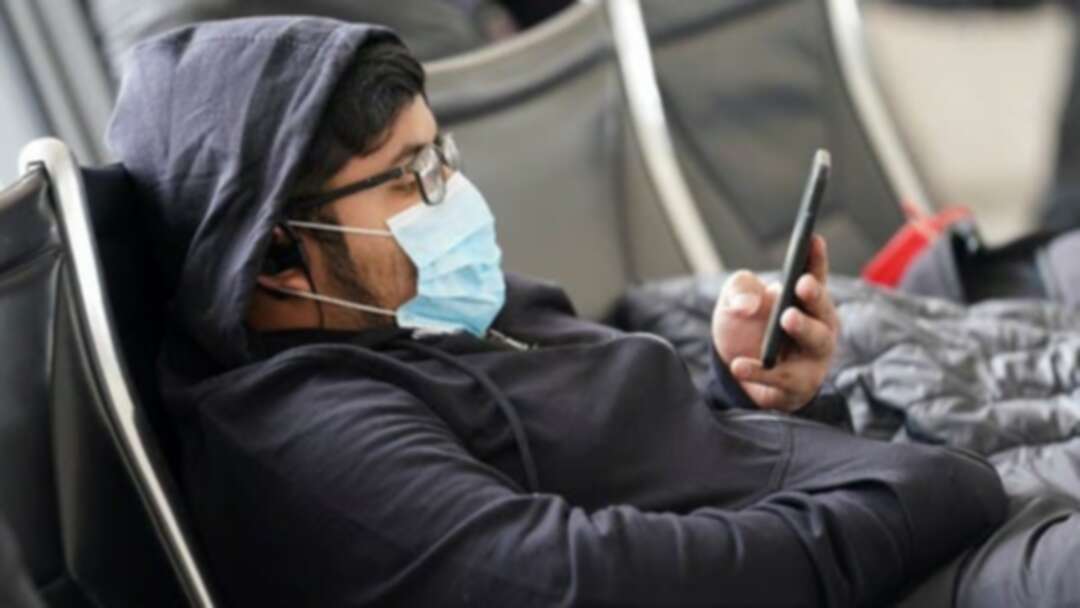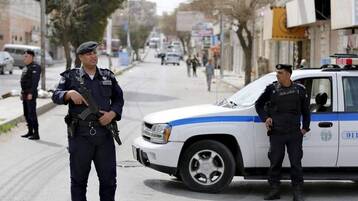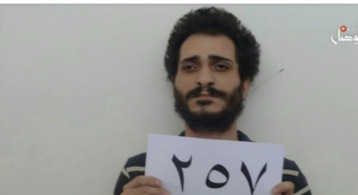-
Coronavirus: US accused of outbidding, blocking supply shipments after signed deals

From Europe to South America, US allies are complaining about the superpower's “Wild West” tactics in outbidding or blocking shipments to buyers who have already signed deals for vital medical supplies. Coronavirus: US
In France and Germany, senior officials said the United States was paying far above the market price for medical-grade masks from No. 1 producer China, on occasion winning contracts through higher bids even after European buyers believed a deal was done, and Brazil's health minister reported a similar incident.
“Money is irrelevant. They pay any price because they are desperate,” one high-level official in German Chancellor Angela Merkel's ruling CDU/CSU group told Reuters.
A German government source said: “Americans are on the move, carrying a lot of money.”
Since the virus was first recorded in China late last year, the pandemic has spread around the world. Governments in Europe, the Americas and elsewhere are desperately trying to build up supplies for medics, nursing home staff, and the public.
Now, with global cases surpassing one million and the outbreak exploding in the United States, the competition for precious stocks is intensifying further.
US President Donald Trump said on Friday that the US government is now recommending Americans wear cloth face coverings voluntarily to stem the spread of the virus, but the guidance from the Centers for Disease Control and Prevention (CDC) does not recommend wearing medical-grade masks.
He also said he was signing a directive to stop the export of N95 respirator masks, which provide essential protection for healthcare workers, and other US medical equipment.
US-listed multinational 3M Co said Friday that the White House had ordered it to stop all shipments to Canada and Latin America of respirators that it manufactures in the United States, despite what 3M called “significant humanitarian implications.” Coronavirus: US
Canadian Prime Minister Justin Trudeau said the blocking the flow of equipment across the border would be a “mistake” that could backfire, noting that the country's healthcare professionals go to work in Detroit every day.
In another case, an order of 200,000 masks bound for Germany from a 3M factory in China were “confiscated” in Bangkok, Berlin Secretary of Interior Andreas Geisel, said in a statement, calling it an “act of modern piracy.”
“Even in times of global crisis you shouldn’t use Wild West methods,” he said.
A US Department of Homeland Security official told Reuters this week that US companies and the government have been paying above market price for much of the gear purchased overseas.
The official, who requested anonymity to discuss the matter, said the United States would not stop buying "until we have way too much" and could still be searching out protective gear abroad through August.
“We’ve gotten our hands on every bit of it that we can,” the official said.
Lea Crager, a spokeswoman for the Federal Emergency Management Agency (FEMA), the agency coordinating the search for medical supplies abroad, said disasters often lead to price increases for certain goods.
“If it causes some sort of a supply chain disruption, you’re going to see costs rise for an essential commodity,” Crager said. “It just happens.”
In Brazil, Health Minister Luiz Henrique Mandetta said this week that China had ditched some Brazilian equipment orders when the US government sent more than 20 cargo planes to the country to buy the same products. Coronavirus: US
“Our purchases, which we expected to complete to be able to supply, many were dropped,” said the minister in an interview on Wednesday. levant
On Thursday, Mondetta said Brazil had finally succeeded in placing a 1.2 billion reais ($228 million) order for equipment, although it will only be delivered in 30 days.
source: Reuters levant
You May Also Like
Popular Posts
Caricature
BENEFIT Sponsors Gulf Uni...
- April 17, 2025
BENEFIT, the Kingdom’s innovator and leading company in Fintech and electronic financial transactions service, has announced its sponsorship of the “Innovation and Sustainable Technology Solutions Competition (GU - IST Solutions), hosted by Gulf University at its main campus.
This strategic sponsorship reflects BENEFIT’s active role in advancing technological innovation and fostering sustainable solutions to future challenges. It also seeks to empower Bahraini youth by enhancing their skills, capabilities, and competitiveness in innovation and solution development—contributing meaningfully to the broader goals of sustainable development across all sectors.
As part of BENEFIT’s active involvement in the competition, the company has announced that Hanan Abdulla Hasan, Senior Manager of Public Relations and Communication, will serve on the competition’s supervisory committee. Her upcoming participation reflects BENEFIT’s forward-looking commitment to championing academic and professional excellence.
Commenting on the occasion, Hanan Abdulla Hasan, Senior Manager of Public Relations and Communication at BENEFIT, said, “We are privileged to support this pioneering initiative, which aligns seamlessly with BENEFIT’s enduring commitment to fostering innovation and nurturing the potential of Bahrain’s youth. Our participation is rooted in a deep sense of social responsibility and a firm belief in the pivotal role of innovation in shaping a sustainable future. Through such platforms, we seek to empower the next generation with the knowledge, skills, and foresight required to develop impactful solutions that address future challenges, in line with the United Nations Sustainable Development Goals 2030.”
Dr. Aseel Al Ayash Dean of the College of Engineering in Gulf University commented, “We extend our sincere gratitude to BENEFIT for their generous sponsorship and support of the Innovation and Sustainable Technology Solutions Competition. This contribution plays an instrumental role in helping us achieve the strategic goals of this initiative, namely, cultivating a culture of innovation and sustainability, encouraging efforts that address the imperatives of sustainable development, and enhancing the practical and professional capabilities of our students and participants.”
The event will bring together a diverse spectrum of participants, including secondary school students, university undergraduates, engineers, industry professionals, entrepreneurs, academic researchers, and subject matter experts representing a wide range of disciplines.
The competition seeks to inspire participants to develop and present innovative, sustainable technologies aimed at addressing pressing environmental, social, and economic challenges. It encourages the formulation of business models that integrate advanced technological solutions with core principles of sustainability. Moreover, it serves as a platform for emerging leaders, entrepreneurs, and innovators to contribute to the advancement of the Sustainable Development Goals, promote the ethos of responsible technology, and demonstrate its transformative potential across various sectors.
Attendees will have the opportunity to view a series of project presentations submitted by participants, covering diverse areas such as eco-friendly product design, smart and sustainable innovations, renewable energy technologies, water conservation and management, waste minimisation and recycling, green architectural solutions, and sustainable transportation systems. Outstanding projects will be formally recognised and awarded at the conclusion of the event.
opinion
Report
ads
Newsletter
Subscribe to our mailing list to get the new updates!





















